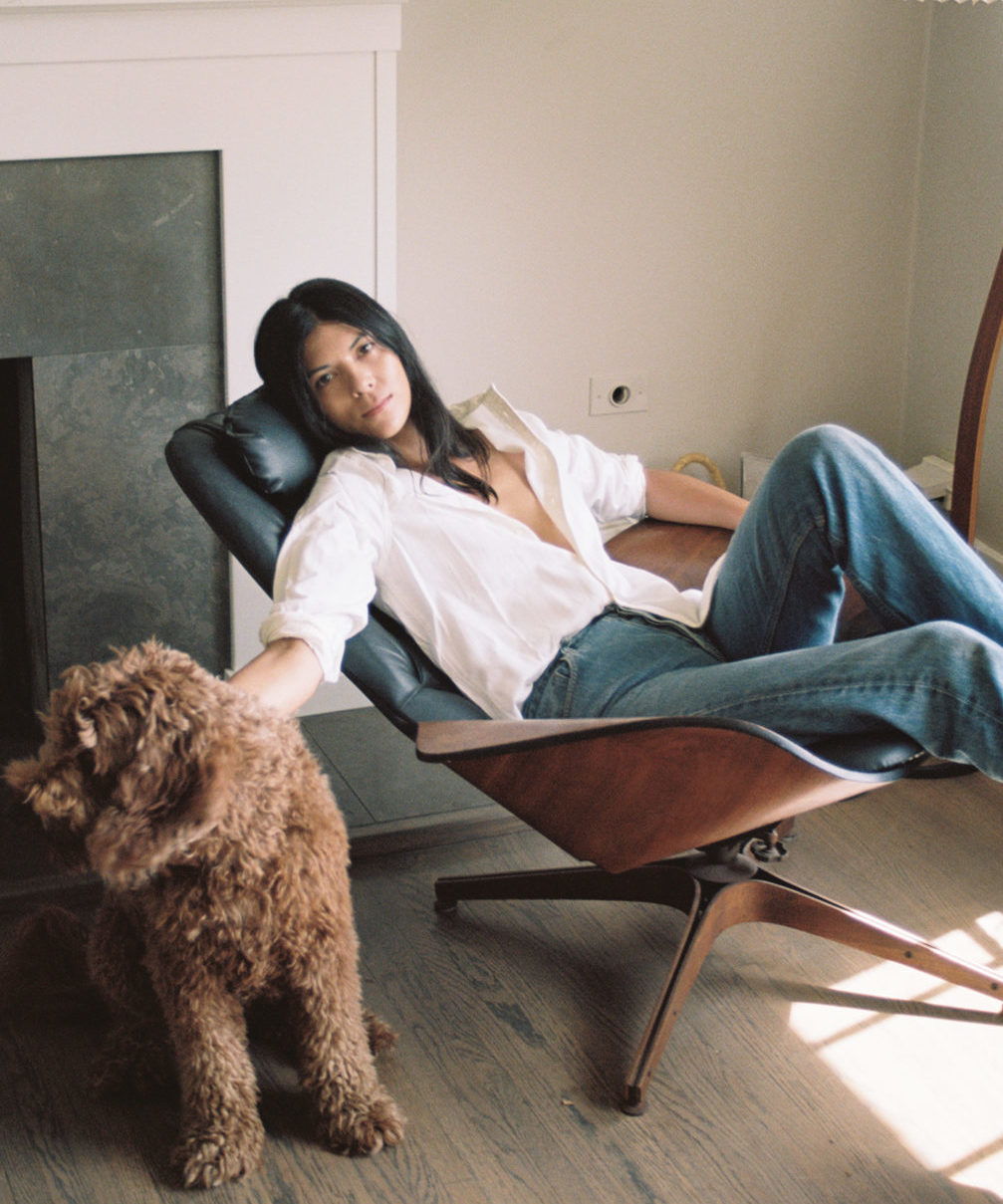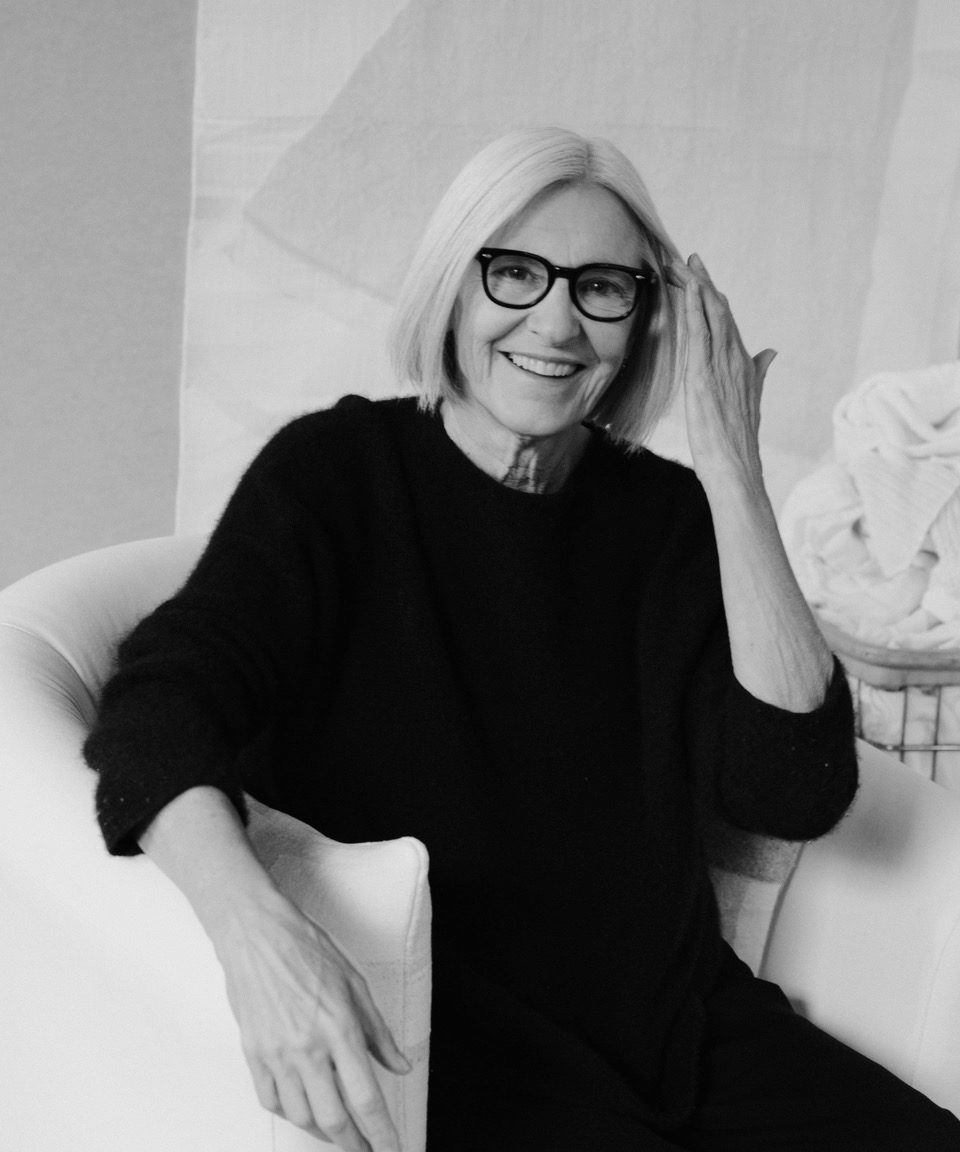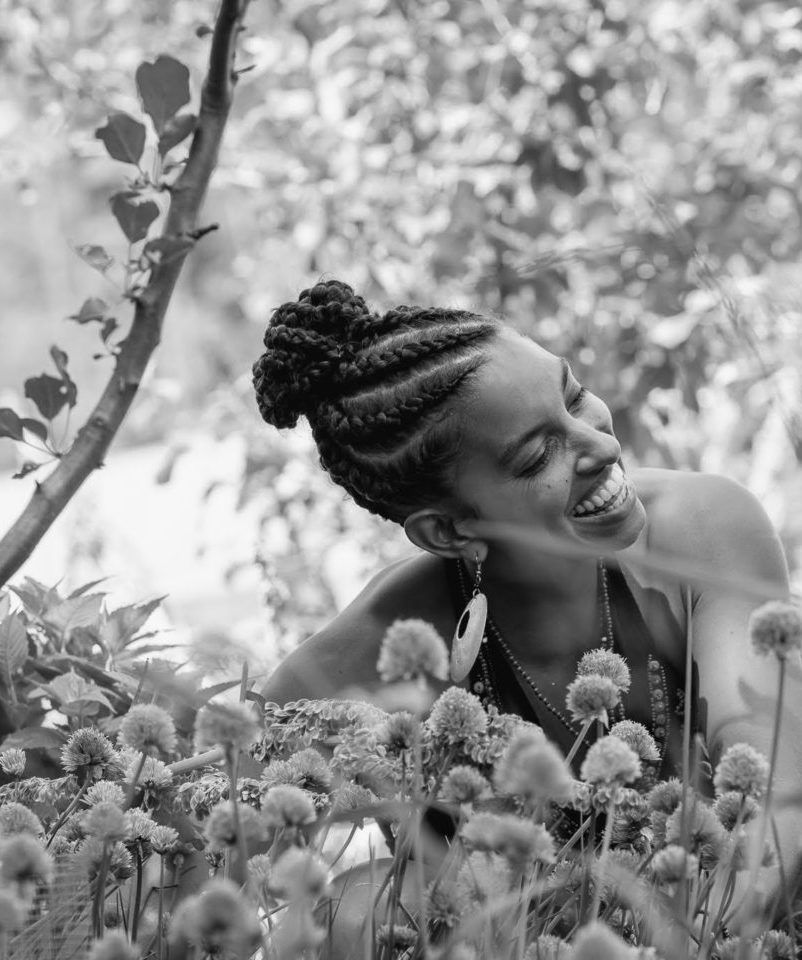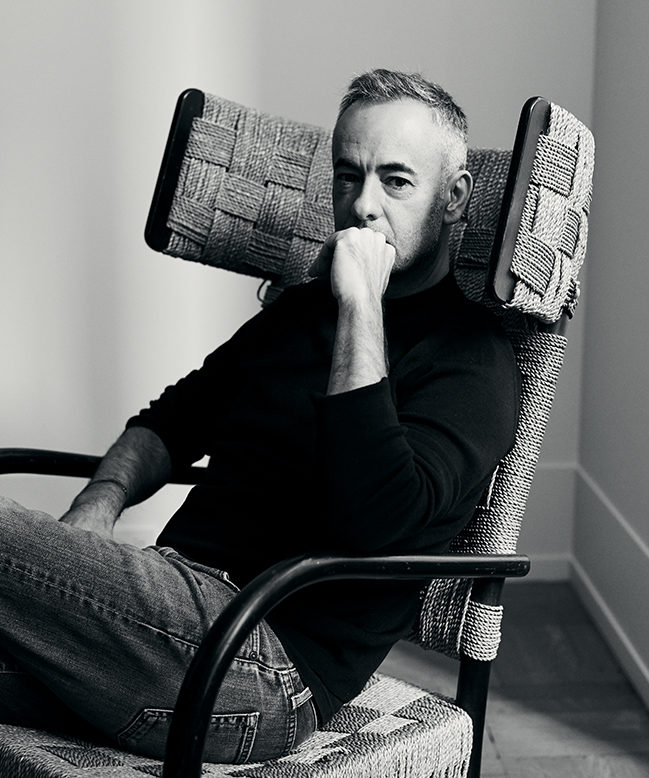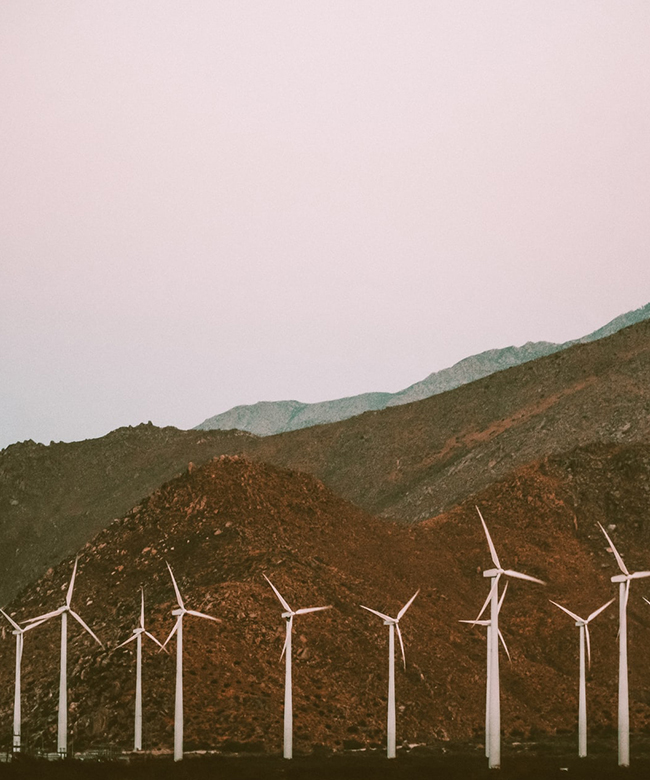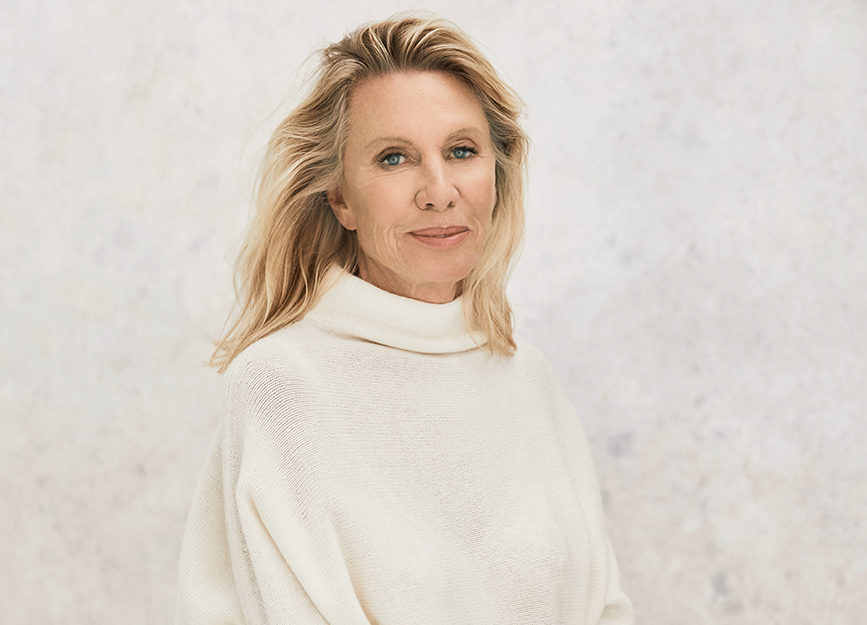

@carolebamford
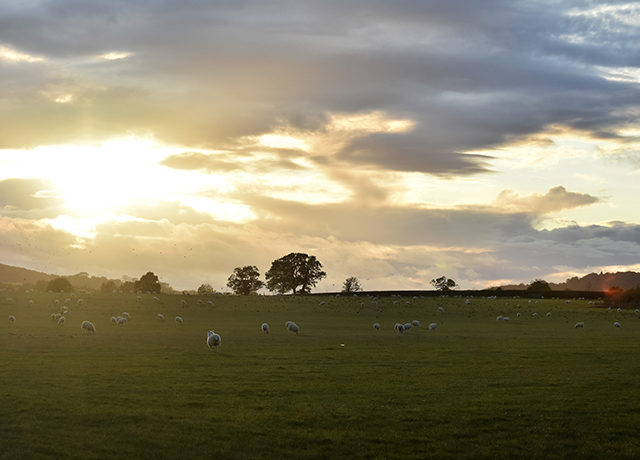

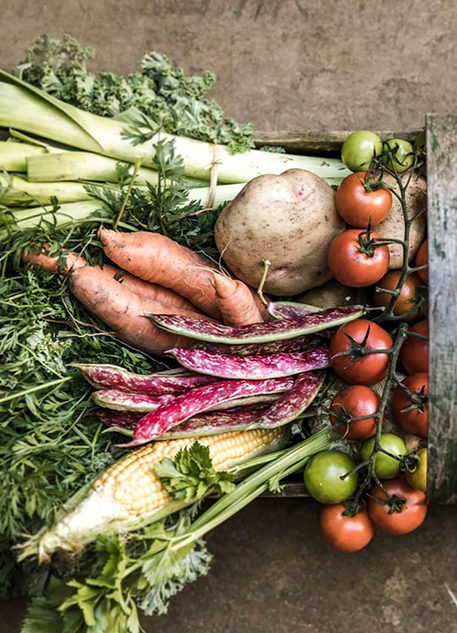

Carole Bamford is the founder of @daylesfordfarm, @bamford and @seed_magazine
Environment
Shifting Our Perspectives on Food: Learnings from Carole Bamford of Daylesford Organic
We asked Lady Carole Bamford, founder of Daylesford Organic, to speak to us about the inspiration for more local, seasonal food.
“With cleaner air, calmer roads and the return of the birdsong and bolder wildlife, we were all given a glimpse of what a greener world might be like to live in.”
– Carole Bamford, Daylesford Organic
Carole Bamford’s Thoughts…
On our perspective of food, climate and consumptions
During the pandemic, our daily circumstances changed so swiftly. Life felt more fragile than it once did.
Fragility is something that affects our planet more than ever. What the pandemic has exposed are the cracks in our systems. The bare shop shelves and risk of food shortages revealed the precarity of our food supply chain. And the need to manage it sustainably. Many have had their eyes opened to just some of the injustices in the fashion and textile industries. As appalling working conditions for garment workers hit headlines. Widespread effects of our consumption patterns and dependency on fast fashion hit home.
What the pandemic also brought us was solidarity. A sense of community in the fight against a common affliction. Creative solutions emerged to solve problems and the pandemic revealed that when we work together we can implement positive change. We slowed down – we inherently began to return to a more sustainable way of living because we were forced to. People started cooking from scratch. The popularity for baking sourdough bread or cakes, with its sharing of recipes, brought us together.
It unlocked a resourcefulness and revealed that we are able a return to a more self-sufficient way of living. What was perhaps most wonderful for me was the rekindling of our affection for and appreciation of nature. A surge in gardening took hold. City dwellers sought refuge in green spaces and the outdoors. With cleaner air, calmer roads and the return of the birdsong and bolder wildlife, we were all given a glimpse of what a greener world might be like to live in.
I want to cling on to the belief that there is a shifting tide in our attitude to the planet, to the climate crisis it faces and to the way we live our lives. We are at a unique moment because consumers are having to pay attention to what they use and buy, and are reassessing their relationship with consumption. The future I am hopeful for is one in which we continue to build on this. To value the concept of buying less, buying better and finding ways to support the local businesses or small producers who are creating objects, food or clothes in a more sustainable way.
My wish is that neither consumers, companies or governments will allow a return to the world we had before. The crisis has been a wake-up call. We’ve witnessed the dangers of disrupting nature and my biggest hope is that this is a watershed moment for the planet and for positive change. But we all need to continue to play our part.
Useful links
If you liked this editorial with Carole Bamford of Daylesford Organic, be sure to check out our other editorials here.
Follow @revenvert for the latest content














